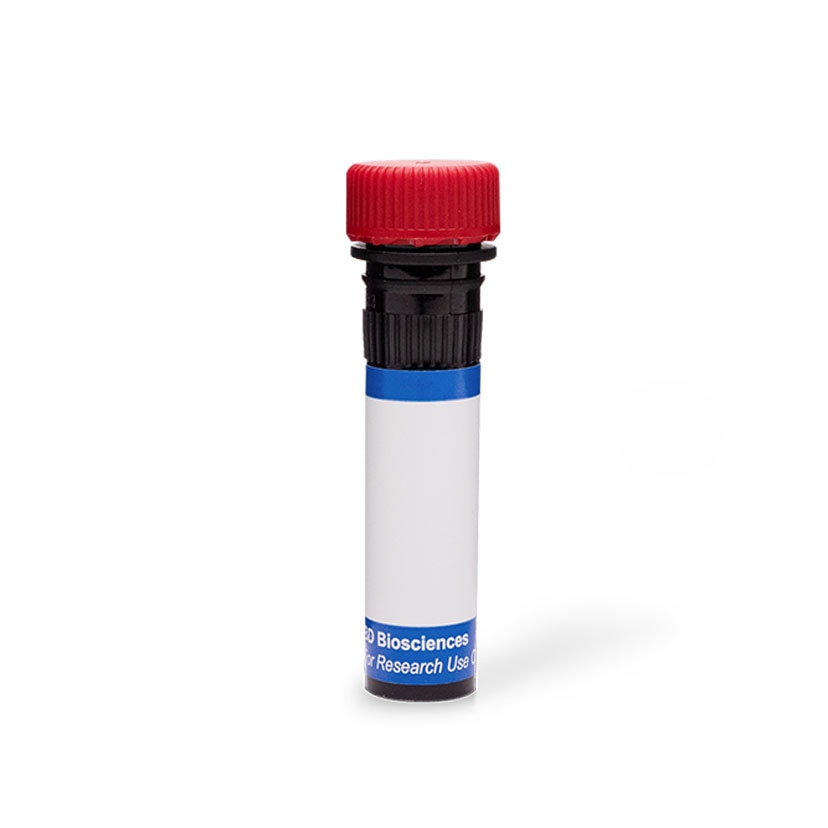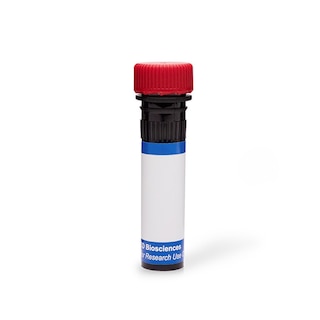The F2.67 monoclonal antibody specifically recognizes the variable gamma 7 region of the γ subunit of the mouse γδ T cell receptor for antigen, TCR Vγ7 (using the Heilig and Tonegawa nomenclature for mouse TCR γ and δ chains). TCR Vγ7 is encoded by the Trgv7 (T cell receptor gamma, variable 7) gene element. TCR Vγ7 is expressed by a subset of TCR γδ+ thymocytes in the late fetal and adult thymus and by γδ T cells in peripheral lymphoid tissues. TCR Vγ7+ γδ T cells predominate in intestinal epithelial tissue which contains a large proportion of these γδ T cells derived from extrathymic generation. Proteins encoded by Btnl1 (butyrophilin-like 1) and Btnl6 (butyrophilin-like 6) are expressed by intestinal epithelial cells. These butyrophilin-like molecules can reportedly shape the TCR-dependent development and function of TCR Vg7+ γδ T cells within the gut. TCR Vγ7+ γδ T cells help maintain the integrity of the intestinal mucosa guarding against cellular stress or damage caused by inflammation, transformation, or infection. The F2.67 antibody is useful for TCR Vγ7+ thymocyte and γδ T cell separations and analyzing TCR Vγ repertoires expressed by thymocytes, peripheral T cells, and T cell hybridomas in developmental and other experimental model systems.





